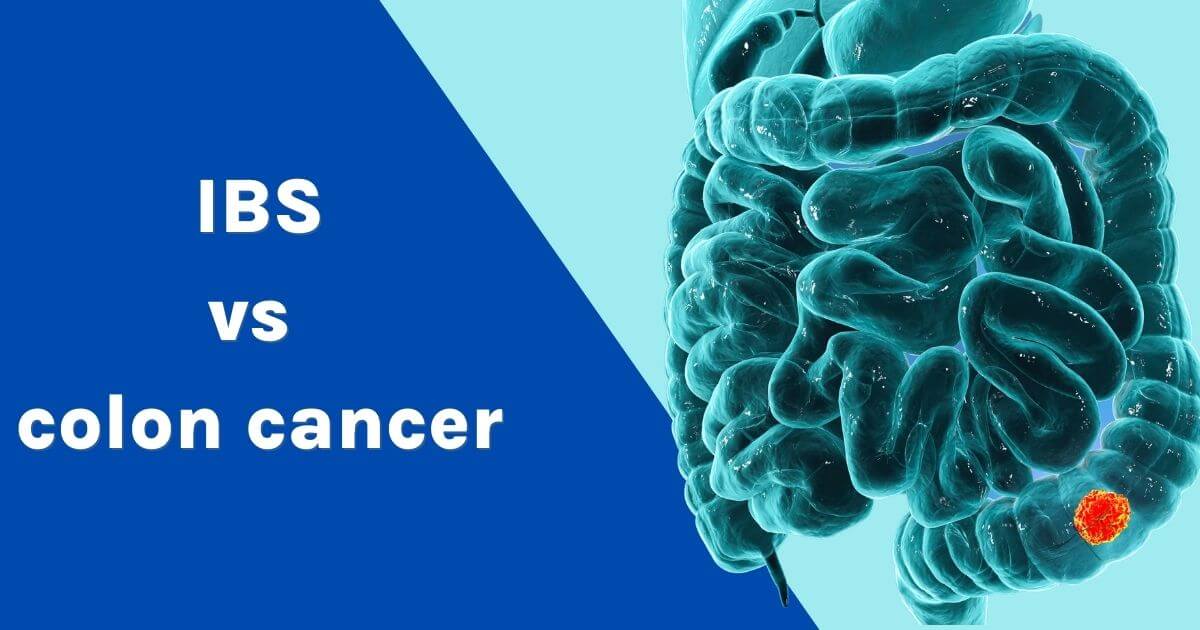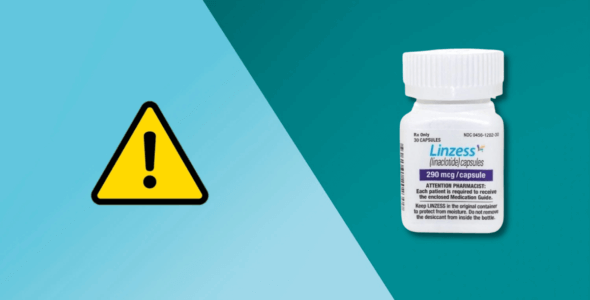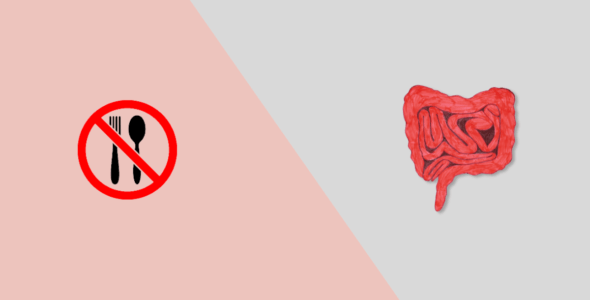IBS vs colon cancer
It’s easy to get Irritable Bowel Syndrome (IBS) confused with many other gastrointestinal disorders, including colon cancer because they can present with similar symptoms. Despite similar symptoms, IBS does not put a person at higher risk of developing colon cancer but there are some additional warning signs of colon cancer to look out for. Knowing the difference between the symptoms of IBS and colon cancer is important so you can get treated as early as possible and save yourself a lot of worries.
What is IBS?
IBS is a chronic condition that affects the functioning of your bowels. The condition affects the large intestine, also known as the colon. According to The American College of Gastroenterology, IBS affects 10-15% of the U.S. population. It is a difficult condition to manage but effective treatment options are available alongside lifestyle changes.
Symptoms of IBS
- Abdominal pain that is reoccurring
- Changes in bowel movement e.g. constipation or diarrhea
- Incomplete bowel movements
- Bloating
- Cramping
- Mucus in stools
Diagnosis
To aid diagnosis of IBS, your doctor will first discuss your medical history with you including:
- Current medications taken
- Recent infections
- Recent stressful events
- Any diet and foods triggers you can identify
Family history is also important including a history of:
- Celiac disease
- Colon cancer
- Inflammatory bowel disease (IBD)
Your healthcare provider will look for a certain pattern in your symptoms over time to diagnose IBS. You should contact your healthcare provider right away if your symptoms get worse or if you have new symptoms.
Treatment options
The American College of Gastroenterology guidelines consider the following treatments as appropriate for IBS:
- Exercise, diet, and dietary changes
- Soluble fiber in the diet
- Interventions that modify the microbiota: prebiotics, synbiotics, probiotics, and antibiotics
- Antispasmodics and peppermint oil
- Antidepressants
- Psychological interventions
- Pro-secretory agents: linaclotide (Linzess), plecanatide (Trulance), and lubiprostone (Amitiza)
- Eluxadoline (Viberzi)
- Alosetron (Lotronex)
- Rifaximin (Xifaxan)
- Loperamide
- Serotonergic agents
- Polyethylene glycol (Plenvu)
- 5-aminosalicylates
What is colon cancer?
Colon cancer or colorectal cancer is the third leading cause of cancer-related deaths in men and women according to The American Cancer Society. Colorectal cancer develops when you have growths in your colon or rectum. The terms colon cancer or rectal cancer can be used depending on where the cancer starts.
Symptoms of colon cancer
Some of the most common symptoms of colorectal cancer include:
- Change in bowel habits
- Diarrhea
- Constipation
- Incomplete bowel movement
- Rectal bleeding with bright red blood
- Blood in the stool making it look black
- Cramping
- Abdominal pain
- Weakness and fatigue
- Unexplained weight loss
Diagnosis
Some of the screening tests for colon cancer include:
- Colonoscopy or sigmoidoscopy – detects polyps, to prevent them from developing into cancer cells
- Biopsies can be taken if abnormalities are seen during a colonoscopy or sigmoidoscopy and examined under a microscope
- A stool test – looks for blood in your stool
- Blood tests to test for anemia, infections, and digestive problems
- Imaging tests such as X-ray or CT scan to obtain detailed pictures of the colon
Colorectal cancer screening is important because colorectal cancer in its early stages usually doesn’t produce any symptoms.
Treatment options
Your doctor will talk with you about lifestyle risk factors such as obesity, poor diet, alcohol intake, lack of physical activity, and smoking, which are linked to colon cancer. Your doctor will also discuss in depth your personal/family history of:
- Colorectal cancer or adenomatous polyps
- Inflammatory bowel disease
- Inherited syndromes
- Type 2 diabetes
- Race and ethnic background
Treatment for colorectal cancer is determined by the stage of cancer and other factors. Various types of treatment may be combined at the same time or used after one another. In the early stages, local treatment of surgically removing cancer may be carried out. This may move on to radiation therapy and chemotherapy or targeted therapies using drugs such as Erbitux.
The table below shows how IBS and colon cancer are similar and how they differ.
| Symptom | IBS | Colon Cancer |
|---|---|---|
| Abdominal cramp or pain | Yes | Yes |
| Changes in bowel habits | Yes | Yes |
| Bloating | Yes | Yes |
| Excess gas | Yes | Yes |
| Incomplete bowel movement | Yes | Yes |
| Diarrhea | Yes | Yes |
| Constipation | Yes | Yes |
| Whitish mucus in stool | Yes | Yes |
| Blood in stool | No | Yes |
| Tiredness/Fatigue | No | Yes |
| Rectal bleeding | No | Yes |
| Unexplained weight loss | No | Yes |
Other conditions similar to IBS and colon cancer
In addition to colon cancer, your doctor will want to rule out inflammatory bowel disease (IBD) such as Crohn’s disease and ulcerative colitis which disrupt the gastrointestinal tract. This family of disorders shares symptoms with IBS and colon cancer.
IBD is a condition in which the colon is inflamed over a long period of time. This prolonged inflammation raises the risk of colorectal cancer. People who have had IBD for many years, especially if untreated, often develop abnormal cells that can change into cancer over time.
Always speak to your doctor about worsening symptoms or new symptoms that may arise.
Medically reviewed
A medical professional has reviewed this article.


Jamie Winn, PharmD
Jamie Winn, PharmD
Dr. Jamie Winn received his Doctor of Pharmacy in 2002 from the University of South Carolina College of Pharmacy, Columbia, SC. Jamie is a medical reviewer for NiceRx.




